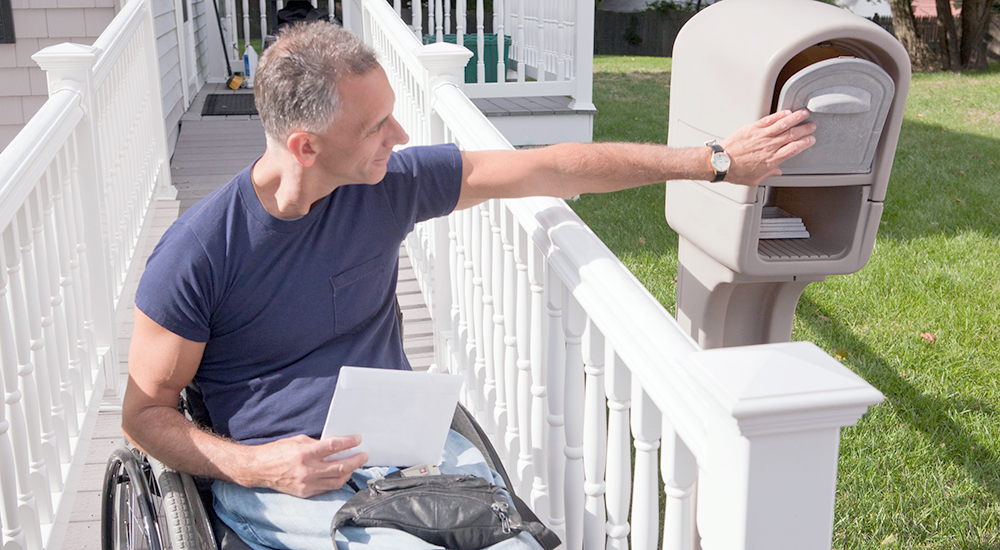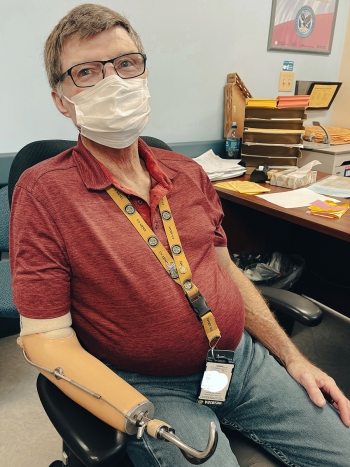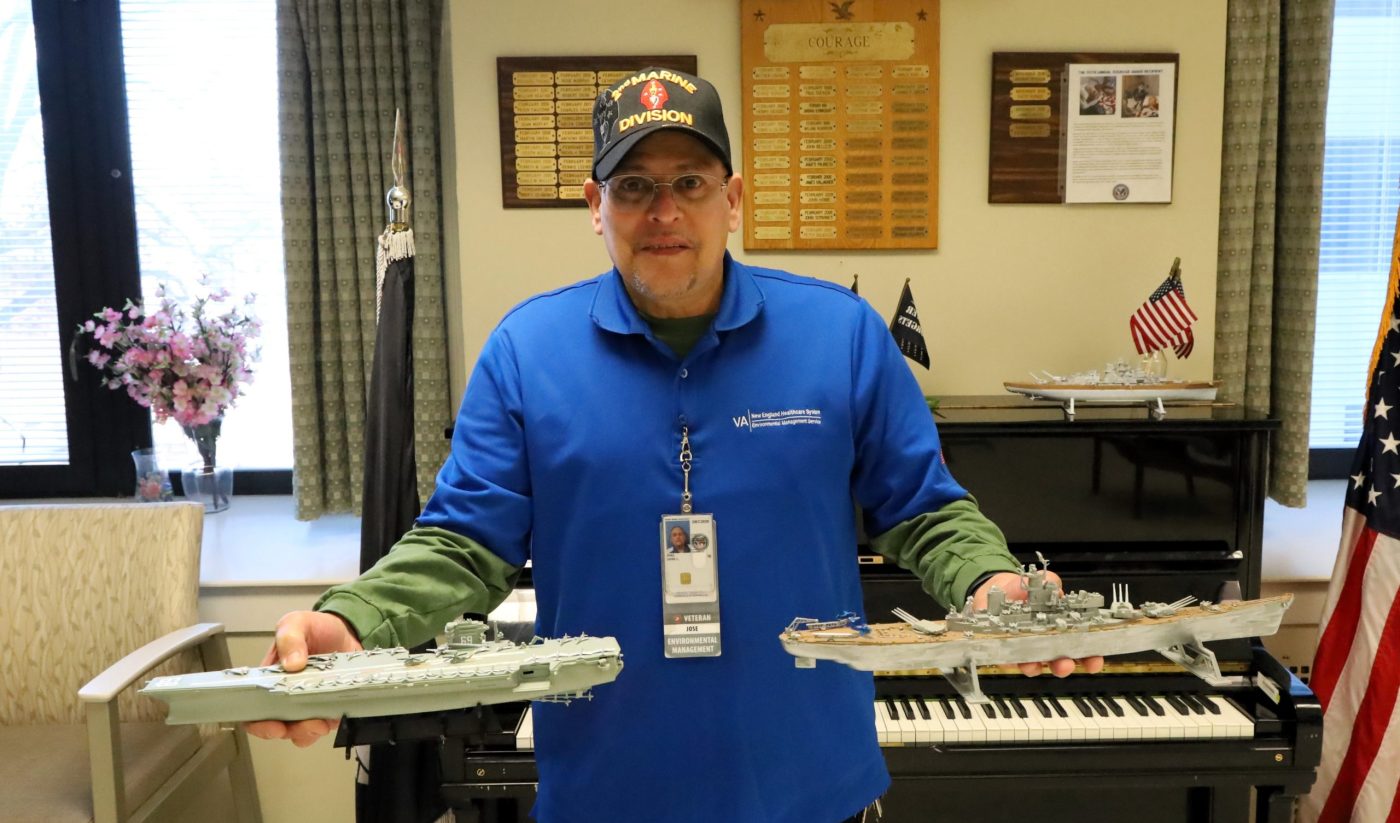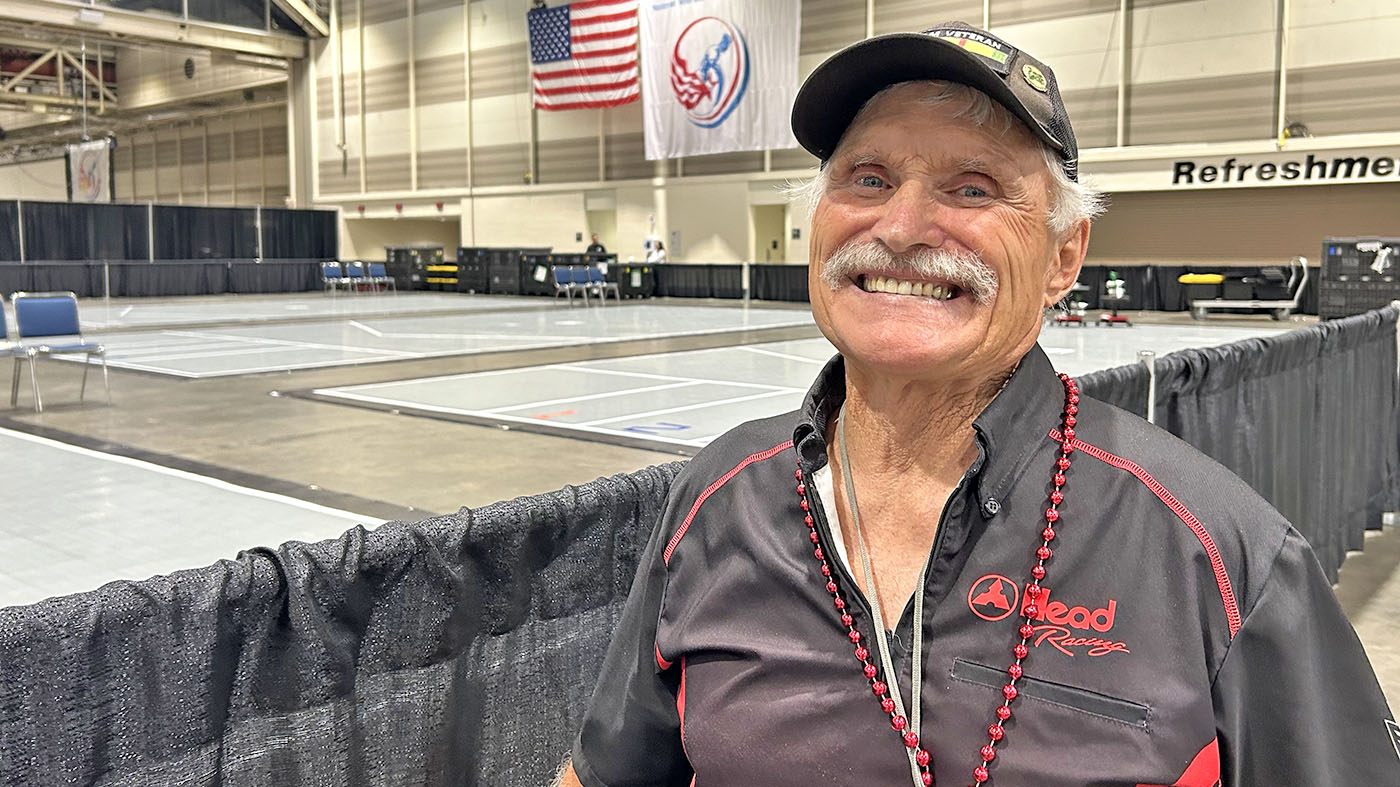Bill Van Aken’s smile and wave are staples in VA Sierra Nevada’s prosthetics department. The Army Veteran has served in VA for the past 21 years, including stints as a rating specialist in VBA’s Reno office, and now with the past eight years in prosthetics.
Van Aken has seen a lot of changes within these facilities, but there’s one in particular that has impacted him more than others: Doorknobs.
Van Aken is an amputee. His coworkers playfully poke fun at his age, mentioning that he was there in person when they signed the Americans with Disabilities Act (ADA) 31 years ago on June 23, 1990.
“The ADA has a broad reach that encompasses a lot of areas for people that are disabled and need assistance to work and live independently,” he said.
Examples? The ADA makes it unlawful to discriminate in employment against a qualified individual with a disability. The ADA also outlaws discrimination against individuals with disabilities in state and local government services, public accommodations, transportation and telecommunications.
And Employers cannot deny reasonable accommodations for proven or obvious disabilities. Employers also cannot retaliate against you for asking for disability accommodations.
Back to those doorknobs
Imagine having a prosthetics device as your right arm and hand. You’re holding an armload of documents in your left arm. The only way through the door in front of you is by turning a doorknob. Van Aken’s been left standing on the other end of that door many times, knocking and waiting for someone to open it.
While at VBA, he asked for one thing: Replace the doorknobs with door handles. VBA made the change, and VA Reno did the same. “I didn’t have to rely on someone else to do my job, and for me that was huge,” he said.
VA also has many programs for Veterans with disabilities that not only help with finding employment, but even can help outfit a home to meet ADA standards.
For example, if a Veteran has stairs leading into their home and is in a wheelchair or using a walker, VA can provide ramps into the home that meet a very strict standard.
“A proper ramp that allows a Veteran access to their home or job must be one foot in length for every one inch of elevation, and also have railings, per ADA regulations,” he explained.
This only applies to a home that is owned by the Veteran and not a rental. If it is a rental, then the homeowner is responsible for making those accommodations.
Home improvement grants helps Vets refurbish their homes
VA has another program called the Home Improvement Special Adaptation (HISA). It allows for a Veteran with disabilities to obtain a one-time grant of up to $6,800 to refurbish their home to help them accomplish their activities of daily living.
“We’ve done hundreds of bathroom remodifications, such as installing a walk-in or roll-in shower, elevated toilets, and we’ve even removed carpeting and had flooring put in, such as slip resistant tile or laminate flooring for Veterans in wheelchairs,” Van Aken said. “Everything is installed by a VA employee who is certified to install all devices per ADA regulations.”
Special Adaptive Housing and Special Home Adaptation are two more VA grants. They can assist Veterans who are disabled with modifying a home that they own. These grants are typically only for use by Veterans who have lost at least two extremities and are classified as “more severely disabled.”
The Special Home Adaptation grant offers up to $21,000, while the Special Adaptive Housing grant offers up to $100,000 toward modifications. Both grants are administered by the VA Loan Guarantee program.
“We could do better in making sure people understand.”
“Here in the prosthetics office, we work very closely with the representative for the VA Loan Guarantee Program for northern Nevada and northern California,” Van Aken said. “We’ve done a lot of fantastic work together on behalf of our Veterans.”
When asked if he felt there was anything VA could improve upon in the workplace as an employer and provider of people with disabilities, he added that, “As a facility, I think we do an amazing job. There are still a few rare individuals, however, who are less than understanding. I think we could do better in making sure that everyone understands that just because you have a disability, whatever that disability is, it doesn’t mean you’re helpless. It doesn’t mean that you can’t accomplish things and do things independently.”
Topics in this story
More Stories
One strategy credited for the improvement is a focus on building trust and stronger patient-provider relationships.
Army and Marine Corps Veteran started making models after being hospitalized at Connecticut VA.
Veteran Hank Ebert is a bit of a superstar in the National Veterans Wheelchair Games. He has been attending since 1993.







